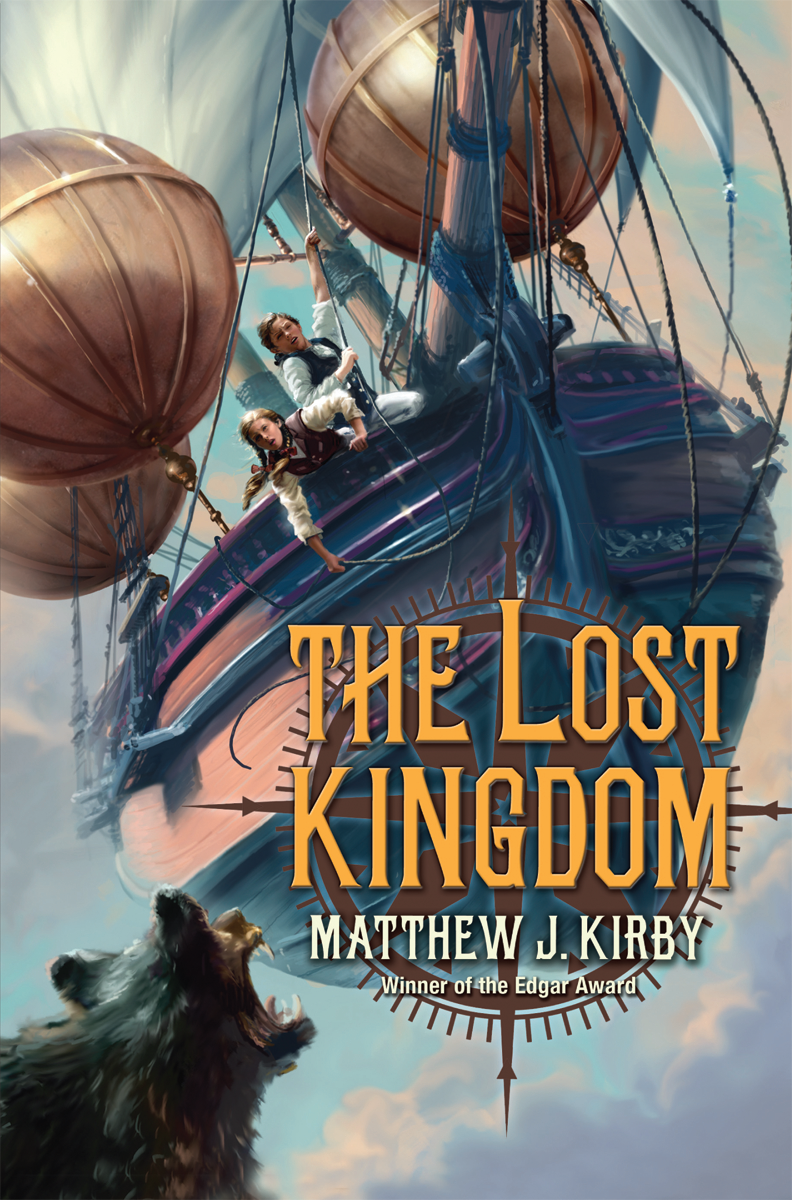Matthew Kirby’s The Lost Kingdom will intrigue readers of historical fiction, American folklore, and adventure. Kirby calls his  novel “an American fantasy” since he blends these three genres to create the story of Billy Bartram, the famous botanist who in 1753 is a tween boy living in Philadelphia shaping history in colonial America.
novel “an American fantasy” since he blends these three genres to create the story of Billy Bartram, the famous botanist who in 1753 is a tween boy living in Philadelphia shaping history in colonial America.
As he comes of age, Billy joins a society of philosophers and patriots who use their knowledge and discoveries to secure the safety of the New England colonies. With this great society of men, which includes iconic figures like Ben Franklin, Billy comes to understand what is known so that he can recognize what is unknown. If he wants to better know a flower, a shrub, or a tree, Billy spends the afternoon drawing it to unravel its mysteries. The same strategy, however, does not apply equally to human obscurity. Although Billy is mesmerized by Jane, who has eyes “the color of a raindrop resting on a leaf” (178), it is his father that most escapes Billy’s comprehension. Through Billy, readers acknowledge how we walk in the paths laid down by our parents before us, and unless we question those steps and pay attention, we may not realize that the path before is less than wise and judicious.
Aboard the aeroship, de Terzi (a clever allusion to Francesco Lana de Terzi), the team of scholars sets sail for the kingdom of Madoc, hoping to form an alliance against the French to prevent a war upon the colonies. The journey is fraught with all number of challenges, danger, and adventure. Billy matures as he learns the nature of humans who doubt without evidence and think ill of another without cause. He further learns that whether man or beast, though we are all different, we are connected. We can also take a great lesson from nature’s design for plants: growing together, they live as neighbors in spite of their differences in color, shape, or size.
This fast-paced novel is rich with history and grounded in colonial American beliefs. Although Kirby takes liberty with some facts, the folklore will resonate with readers.
- Posted by Donna
